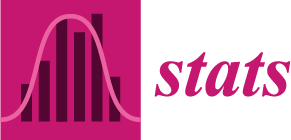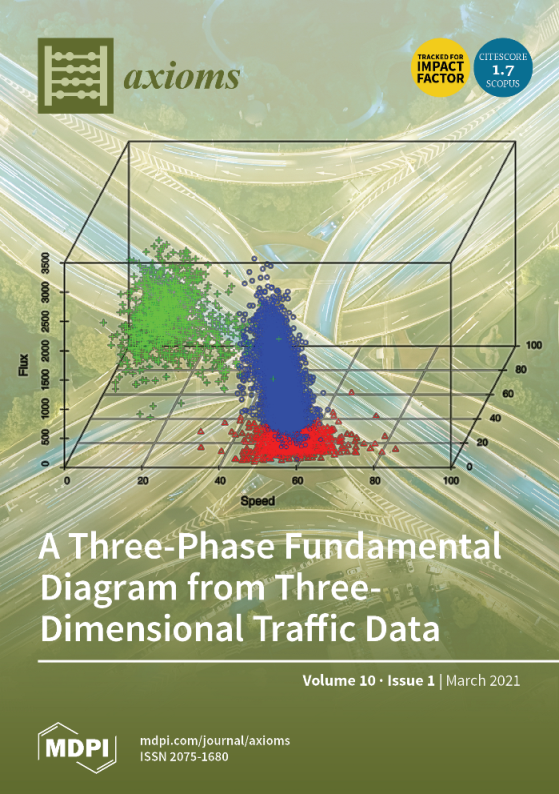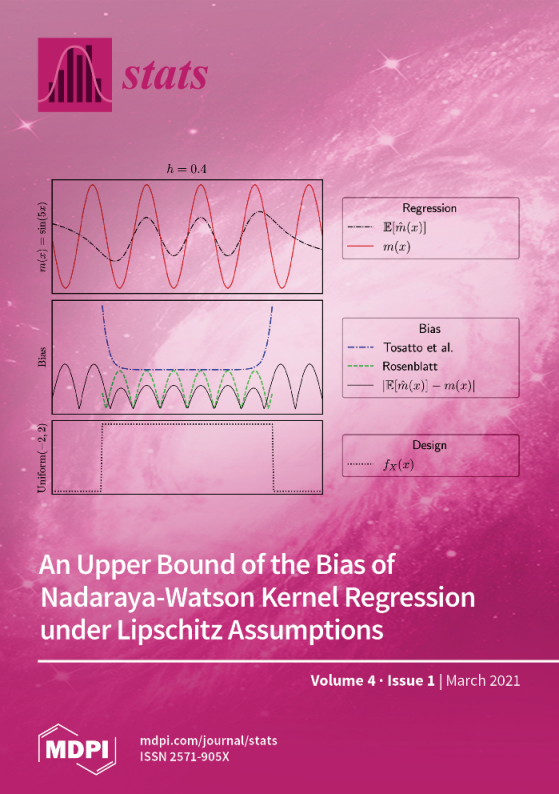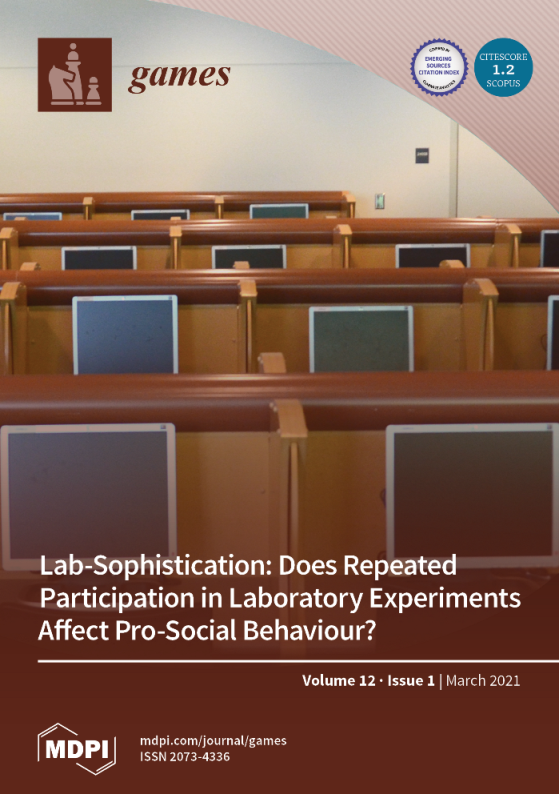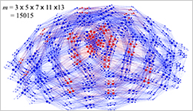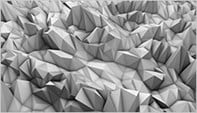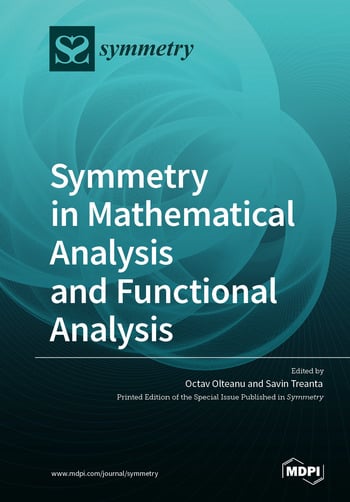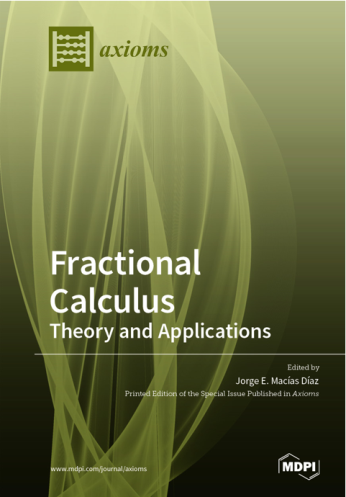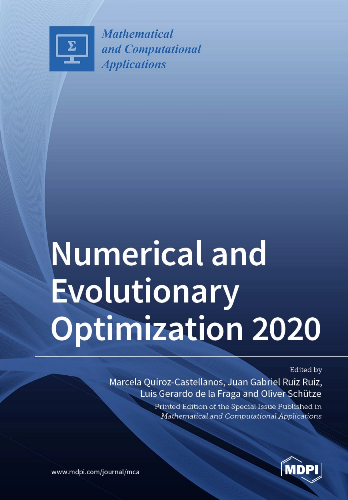
Journal Menu
► ▼ Journal Menu-
- Mathematics Home
- Aims & Scope
- Editorial Board
- Reviewer Board
- Topical Advisory Panel
- Instructions for Authors
- Special Issues
- Topics
- Sections & Collections
- Article Processing Charge
- Indexing & Archiving
- Editor’s Choice Articles
- Most Cited & Viewed
- Journal Statistics
- Journal History
- Journal Awards
- Society Collaborations
- Conferences
- Editorial Office
Journal Browser
► ▼ Journal BrowserNeed Help?
Announcements
5 June 2023
Meet Us at the 7th ECCOMAS Young Investigators Conference (YIC 2023), 19–21 June 2023, Porto, Portugal

Conference: 7th ECCOMAS Young Investigators Conference (YIC 2023)
Date: 19–21 June 2023
Location: Porto, Portugal
MDPI will be attending YIC 2023 as an exhibitor; we welcome researchers from different backgrounds to visit and share their latest ideas with us.
YIC 2023 is the 7th in the series of international conferences, organized since 2012, with the main purpose of bringing students and young researchers together within a relaxed environment, developing their work in all areas related to computational science and engineering.
The following MDPI journals will be represented:
- Mathematics;
- AppliedMath;
- Algorithms;
- Fluids;
- Materials;
- Buildings;
- MCA;
- Computation;
- Symmetry.
If you are attending this conference, please visit our booth. Our delegates look forward to meeting you in person and answering any questions that you may have. For more information about the conference, please visit the following website: https://paginas.fe.up.pt/~yic2023/.
5 May 2023
Meet Us at the 2023 IEEE International Symposium on Information Theory (ISIT 2023), 25–30 June 2023, Taipei, Taiwan

MDPI will be attending the 2023 IEEE International Symposium on Information Theory (ISIT 2023) in Taipei, Taiwan, which will take place from 25 to 30 June 2023.
ISIT is the premier international conference series dedicated to the advancement of information theory and related areas. It brings together an international community of researchers and practitioners each year to present and discuss new research results and perspectives on future developments relevant to all areas of information theory, including big data analytics, source and channel coding, communication theory and systems, cryptography and security, detection and estimation, emerging applications, networks, network coding, signal processing, and statistical/machine learning.
The following MDPI journals will be represented:
If you are attending this conference, please feel free to stop by our booth. Our delegates look forward to meeting you in person to answer any questions you may have. For more information about the conference, please visit the following link: https://isit2023.org/.
5 May 2023
Mathematics Webinar | Advances of Soft Computing, Held on 12 June 2023

On 12 June 2023, MDPI and the journal Mathematics (ISSN: 2227-7390) organized a webinar Advances of Soft Computing, which was held on 12 June 2023. The webinar focused on soft computing.
The webinar explored various aspects of this interesting topic of Artificial Intelligence, promoting very interesting applications to various scientific fields. It started with a brief introduction from the chair Prof. Dr. Michael Voskoglou about the contents and applications of soft computing. The first speaker, Prof. Dr. Basil Papadopoulos, thoroughly explored the relationship between fuzzy subsethood and fuzzy implications. The next speaker, Prof. Dr. Madhumangal Pal, presented in detail the topic of fuzzy graphs. The last speaker, Dr. Said Broumi, gave an interesting talk about neutrosophic sets, which are generalizations of fuzzy sets introduced by Smarandache in 1995, their extensions, and their applications. The three speakers also answered the various questions raised by the participants in the webinar.
Relevant Special Issues:
“Soft Computing and Uncertainty Learning with Applications”
Guest Editors: Xiaodong Yue, Prof. Dr. Shu Zhao and Prof. Dr. Jie Zhou
Deadline for manuscript submissions: 15 August 2023
“Advances in Genetic Programming and Soft Computing”
Guest Editors: Dr. Marko Ðurasević and Prof. Dr. Domagoj Jakobović
Deadline for manuscript submissions: 31 January 2024
“Advances and Applications of Soft Computing”
Guest Editor: Prof. Dr. Michael Voskoglou
Deadline for manuscript submissions: 6 June 2024
You can watch the recorded webinar at the following link:
Webinar Chair and Keynote Speakers:
- Prof. Dr. Michael Voskoglou, School of Engineering, University of Peloponnese (Ex Graduate Technological Educational Institute of Western Greece), Greece;
- Prof. Dr. Basil Papadopoulos, Department of Civil Engineering, Democritus University of Thrace, Greece;
- Prof. Dr. Madhumangal Pal, Department of Applied Mathematics with Oceanology and Computer Programming, India;
- Dr. Said Broumi, LTI Laboratory, Faculty of Sciences Ben Msik, University Hassan II, Morocco.
19 April 2023
Mathematics | Recruiting Section Editor-in-Chief for Section “Difference and Differential Equations”
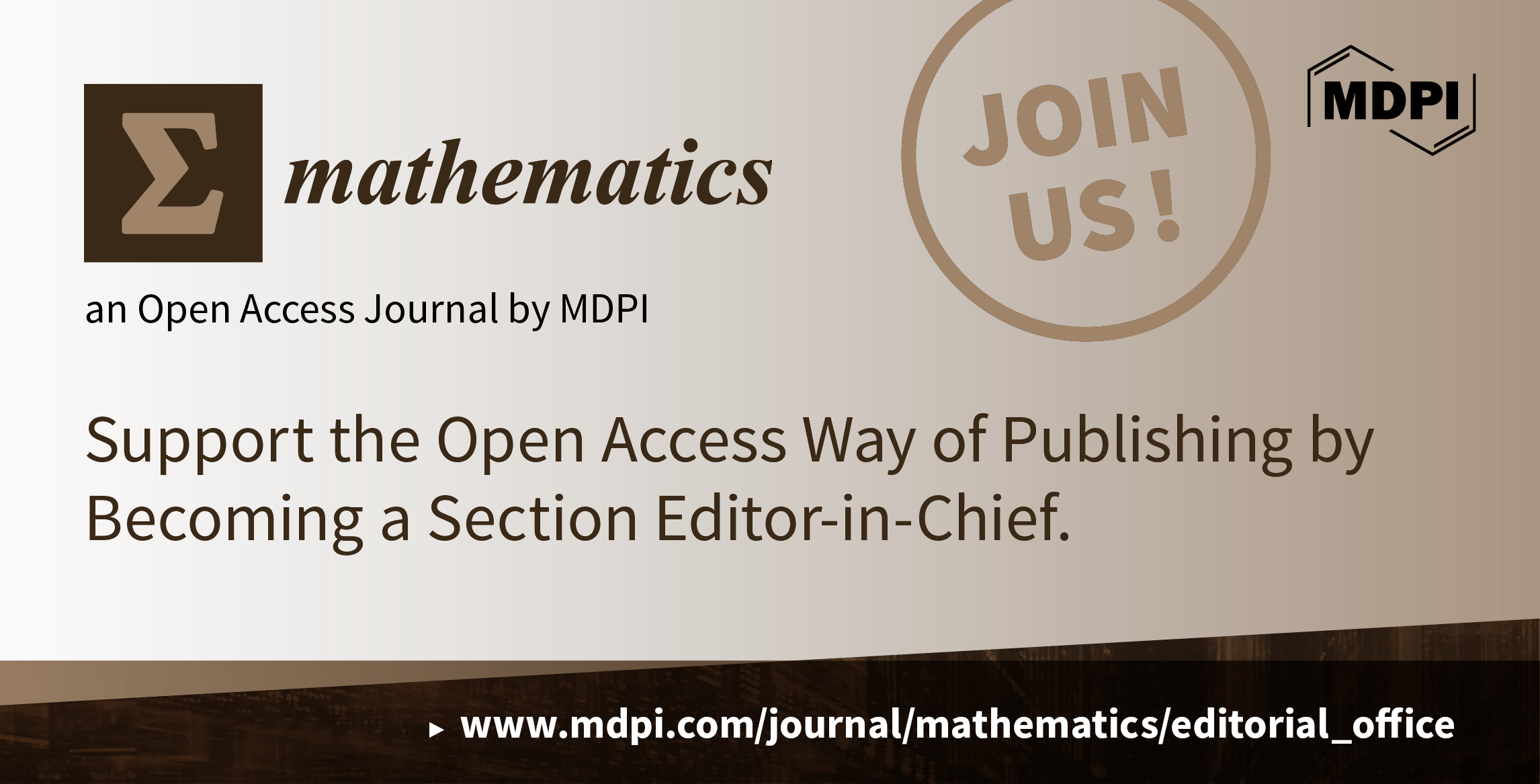
The journal Mathematics (ISSN: 2227-7390) is currently recruiting a Section Editor-in-Chief for the Section “Difference and Differential Equations”.
The Section “Difference and Differential Equations” aims to publish original research papers, perspectives, and review papers on all aspects of this topic. Both qualitative and qualitative theories of ordinary and partial differential equations, along with the existence, multiplicity, and stability of difference equations coupled to dynamic systems are especially welcome.
Further information about the Section may be found via the following link: https://www.mdpi.com/journal/mathematics/sections/difference_differential_equations.
The Section Editor-in-Chief is responsible for the following:
- Defining the aims and scope of the Section;
- Advising on the strategic development of the Section;
- Ensuring that the published content is of high quality;
- Nominating/inviting Guest Editors and optionally providing them with the authority to make final acceptance decisions about submitted articles;
- Nominating/inviting contributors;
- Nominating and leading the Section Editorial Board;
- Promoting the journal at scientific conferences or through other venues;
- Conducting preliminary checks of submissions and making the final decision as to whether a paper can be accepted for publication following peer review and author revisions (when it suits your schedule).
To apply for this position, please contact the Mathematics Editorial Office (mathematics@mdpi.com) with the following two files attached:
- A full academic CV;
- A short cover letter that details your interest and enthusiasm for the position.
Mathematics Editorial Office
24 March 2023
Meet Us at the 13th AIMS Conference on Dynamical Systems, Differential Equations and Applications, 31 May–June 4 2023, Wilmington, NC, USA

Mathematics (ISSN: 2227-7390) be attending the 13th AIMS Conference on Dynamical Systems, Differential Equations and Applications, which will occur from May 31 to June 4 2023 at the University of North Carolina Wilmington, Wilmington, NC, USA. The goals of the meeting include a cross-fertilization of ideas from different application areas and increased communication between the mathematicians who develop dynamical systems techniques and the applied scientists who use them.
The following MDPI journals will be represented:
- Mathematics;
- Axioms;
- Symmetry;
- Fractal Fract;
- Dynamics;
- AppliedMath;
- Computation;
- Systems.
14 March 2023
International Day of Mathematics – Mathematics for Everyone!

Mathematics plays an indispensable role in shaping the world we inhabit, propelling scientific breakthroughs and technological advancements, and fostering social and economic progress. This year's theme, "Mathematics for Everyone", underscores the universal and all-encompassing nature of mathematics, and its potential to positively impact individuals from all walks of life and diverse backgrounds.
We are confident that the prestigious Mathematics subject journals in MDPI, including AppliedMath, Axioms, Computation, Fractal and Fractional, Games, MCA, Stats and Symmetry, will offer ideal communication platforms to enhance scientific collaboration in line with the International Day of Mathematics theme. Let us harness the full potential of these platforms to propel Mathematics to new heights of development and innovation.


|
Axioms A Three-Phase Fundamental Diagram from Three-Dimensional Traffic Data Axioms 2021, 10(1), 17; https://doi.org/10.3390/axioms10010017 |
|
|
Stats An Upper Bound of the Bias of Nadaraya-Watson Kernel Regression under Lipschitz Assumptions Stats 2021, 4(1), 1-17; https://doi.org/10.3390/stats4010001 |
|
|
Games Games 2021, 12(1), 18; https://doi.org/10.3390/g12010018 |

|
Applications of Number Theory to the Sciences and Mathematics Edited by Darin J. Ulness Submisison deadline 30 April 2023 |
Mathematical Models: Methods and Applications Edited by OPhir Nave and Svetlana Bunimovich-Mendrazitsky Submisison deadline 30 April 2023 |

 |
MDPI International Day of Mathematics Webinar 2023 14 Mar 2023, 10:00 (CET) Session 1: 10:00 am–12:00 pm CET Session 2: 14:30 pm–16:30 pm CET Free to register for the two Sessions. Recordings will be available on Sciforum shortly afterwards. |

13 March 2023
MDPI’s Newly Launched Journals in December 2022
As a leading open access publisher, MDPI provides scholars with a high-quality and rich academic exchange platform by continuously expanding into new and exciting research areas.
In December 2022, MDPI launched five new journals, covering multiple subjects such as life sciences, biology, medicine and pharmacology, social sciences and humanities. These new journals are being edited by established scholars across the world.
|
Journal |
Founding Editor-in-Chief |
Journal Topics (Selected) |
|
Prof. Dr. Fabio Gresta, University of Messina, Italy| Editorial | view inaugural issue |
grass/forage/turf production; grassland management; pasture monitoring; grazing and livestock; grass agro-ecosystems| view journal scope | submit an article |
|
|
Prof. Dr. Christos G. Athanassiou, University of Thessaly, Greece| Editorial | view inaugural issue |
pesticides; fungicides; herbicides; fertilizers; soil conditioners| view journal scope | submit an article |
|
|
Prof. Dr. Stephen H. Safe, Texas A&M University, USA| Editorial | view inaugural issue |
receptor structure; receptor function; receptor signaling; receptor expression and regulation; receptor interactions with drugs| view journal scope | submit an article |
|
|
Dr. Jean Jacques Vanden Eynde, University of Mons-UMONS, Belgium| Editorial | view inaugural issue |
drug discovery; medicinal chemistry; preclinical and clinical research; marketed drugs; intellectual property and regulatory affairs| view journal scope | submit an article |
|
|
Prof. Dr. Heather Kanuka, University of Alberta, Canada| Editorial | view inaugural issue |
higher education; tertiary education; policy and practice in higher education; educational leadership in higher education; educational administration and management in higher education| view journal scope | submit an article |
If you are interested in creating more open access journals with us to publish cutting-edge research, please send your journal proposal application to newjournal-committee@mdpi.com.
7 March 2023
Displaying Co-Authors’ Email Addresses on the Webpage of Published Papers
MDPI is pleased to announce that we now display the co-authors’ email addresses in addition to the corresponding author’s email address on the webpage of published papers, protected by Captcha. For more information about this change, please visit the journal’s instructions for authors page.
We believe this change will facilitate academic discussions and advance our cause of open science and research. The corresponding authors are responsible for communicating with their co-authors and indicating in our system (https://susy.mdpi.com/) if co-authors would prefer for their email addresses not to be displayed.
16 February 2023
Increasing Visibility for Preprints.org – Clarivate adds the Preprint Citation Index to the Web of Science
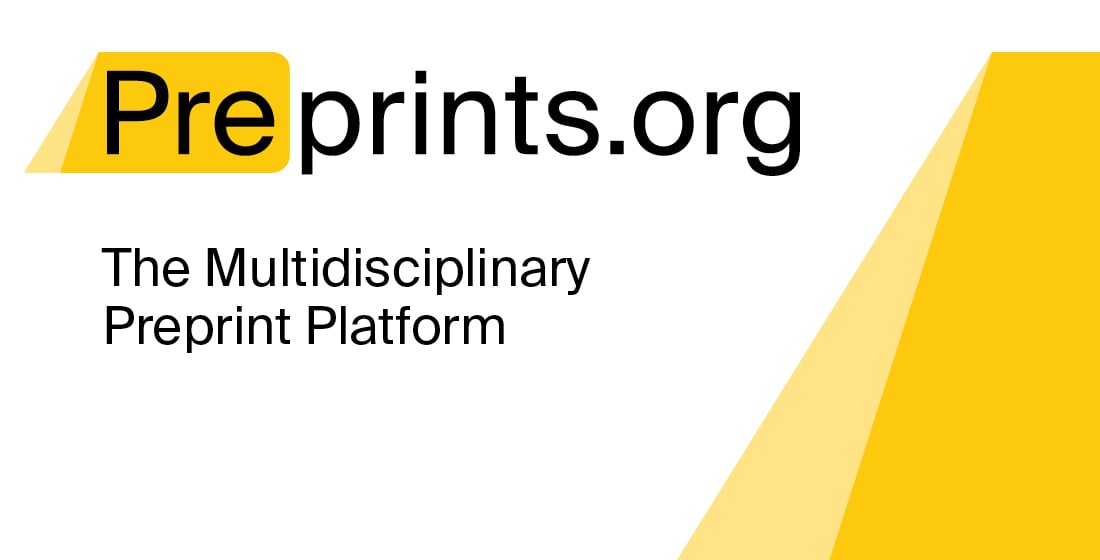
On 9 February 2023, Clarivate, a global leader in providing trusted insights and analytics, added the Preprint Citation Index to the Web of Science platform, streamlining the research process by allowing researchers to locate and link to preprints alongside other trusted content in the database.
The Preprint Citation Index will act as a bridge to connect cutting-edge preprints with peer-reviewed journal articles published within the Web of Science Core Collection. Alerts can be easily set to monitor new research across several repositories and authors will also be able to include preprints on their Web of Science Research Profile to more accurately display their various research outputs.
As of its launch, the Preprint Citation Index will provide nearly two million preprints from various repositories, including MDPI’s own Preprints.org.
MDPI's Preprints Platform – Preprints.org
To advance Open Science and the fast dissemination of research, MDPI offers researchers a free multidisciplinary preprint platform. Preprints.org accepts submissions from all research areas and offers authors high visibility, permanent archiving, article-level Metrics and immediately citable content by assigning a Digital Object Identifier (DOI) to all preprints.
During submission to any MDPI journal, authors have the option to share their research as a preprint. After an initial screening, the manuscript is available online in 48 hours or less. Once online, preprints can be downloaded, shared, commented on, and cited, providing authors maximum visibility.
We invite you to join the ranks of the over 100k researchers using Preprints.org and share your research.
For more information, please visit Preprints.org.
22 December 2022
Special Issue Mentor Program
We are pleased to announce the launch of a new initiative—the MDPI Special Issue Mentor Program.
This program will enable early career researchers (who must hold a Ph.D. in a related field) to experience editing a Special Issue in MDPI journals, under the mentorship of our experienced Editorial Board Members or other experienced scientists. The mentor program will provide an excellent opportunity for early career scientists to gain editorial experience, and to cultivate their ability to edit scientific research.
The mentee’s responsibilities include:
- Proposing a Special Issue title and assisting the mentor in preparing a summary (around 200–400 words) and 3–10 keywords describing the background, importance, and goal of the Issue;
- Writing a brief promotion plan for the Special Issue;
- Preparing a list of scholars who may be interested in the Issue and personally e-mailing invitations on behalf of Guest Editors;
- Writing an editorial for the online Special Issue together with the mentor.
The mentor’s responsibilities include:
- Conducting a final check before the Special Issue is published online;
- Performing editorial control of the Special Issue and quality control of the publications, both of which must be carried out in a timely manner;
- Providing suggestions to younger scholars if they have any doubts or concerns regarding submissions;
- Organizing video calls with young scholars and the Editorial Office regularly to discuss problems and improvement suggestions for the Special Issue;
- Making and submitting decisions regarding submissions with the assistance of mentees.
Certificates and awards:
After the Special Issue closes, the Editorial Office will provide official certificates for all the mentors and early career researchers.
If you are interested in this opportunity, please send your Special Issue proposal to the Editorial Office of a journal you choose, and we will discuss the process (i.e., mentor collaboration, Special Issue topic feasibility analysis, etc.) in further detail. The full list of MDPI journals is as follows: https://www.mdpi.com/about/journals.
In addition to the new Special Issue Mentor Program, we will continue to welcome all Special Issue proposals focusing on hot research topics.









